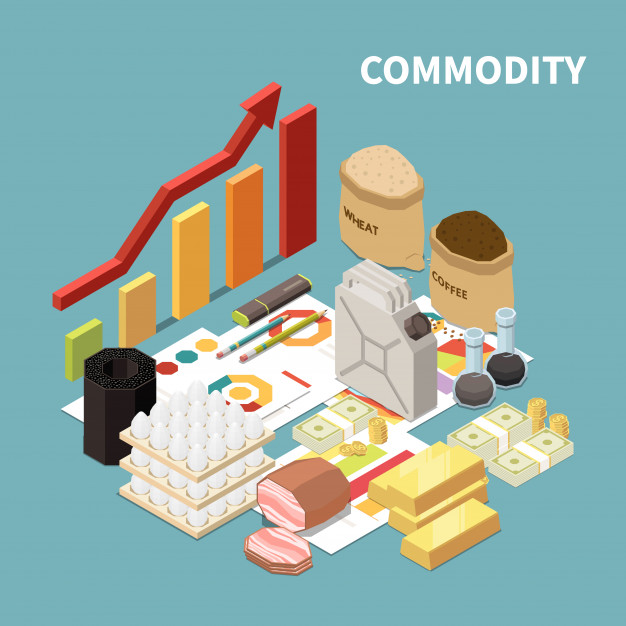Commodities refer to all the goods and products traded in the market, just like the stocks and
shares on the Australian stock exchange. It mostly refers to goods that can be interchanged
with other goods, common examples being gold, natural gas, grains and metals. Getting into
commodity trading can be a great way for investors and newbie traders to diversify their
portfolios and mitigate risks in case of market fluctuations.
Commodity markets in Australia follow the basic principles of supply and demand, with low
supply and high demand raising the market prices and less demand than supply lowering them.
Although there are different classifications according to each trading platform, commodities can
be more or less classified into three main categories.
1. Agricultural commodities consist of rice, wheat, grains and other consumables that are in
high demand. Other commodities like meat, cattle and other dairy and poultry products
can also be classified as agricultural commodities.
2. Metal commodities constitute one of the most popular commodities traded in Australia,
iron ore and gold being on top of the list. Besides precious metals like gold and silver,
other common metals like copper are also traded owing to their usability in the industrial
sectors.
3. Energy commodities include oil and natural gas and alternative energy sources like wind
and solar.
Investors looking to start commodity trading can either buy the products directly according to the
market value or buy stocks and shares of the company directly dealing with commodities,
Commodity futures, ETFs and mutual funds.
Benefits Of Commodity Trading:
Commodity trading is popular among experienced and rookie traders alike owing to these
benefits it offers to investors:
1. One of the best benefits of commodity trading is the diversification it offers to traders and
investors. Major factors negatively affecting other major market stocks don't necessarily
affect commodity prices. In most cases, the prices for commodities have been found to
rise in market situations where stock prices have fallen. As a result, investors can trade
commodities and mitigate the prices without letting them drop too much and incur losses
in their portfolios.
2. It helps protect against inflation since commodities maintain their value during the period
of inflation-driven currency depreciation. Currency depreciation will devalue most of the
stock prices in the Australian market. This is why investors can turn to commodities if
they fear inflation is looming. Plus, commodities offer high rates of liquidity and traders
can liquidate their positions seamlessly as and when required.
3. Commodities also offer investors opportunities to hedge against major or global issues
like an economic crisis and disasters like floods. Global issues like wars and calamities
will negatively affect stocks and other financial instruments but, at the same time, raises
the value of commodities. Investors who have traded commodities can use them to
buffer against any potential losses they may face.
4. Although commodities can have a high volatility rate, the large price swings in the
market can be taken advantage of to reap high rewards. With a well-planned strategy,
investors can make money off of trading commodities compared to other financial
instruments in the Australian market.
Investors can also trade commodities at a margin lower than what's required for other financial
assets. With lower margins, investors can use less amount of capital to take up a large position
and get a huge rate of return. Don't let the complexity and volatility of the Commodity market be
a detriment to making a well-planned trade that can potentially turn into a major profit for the portfolio.










